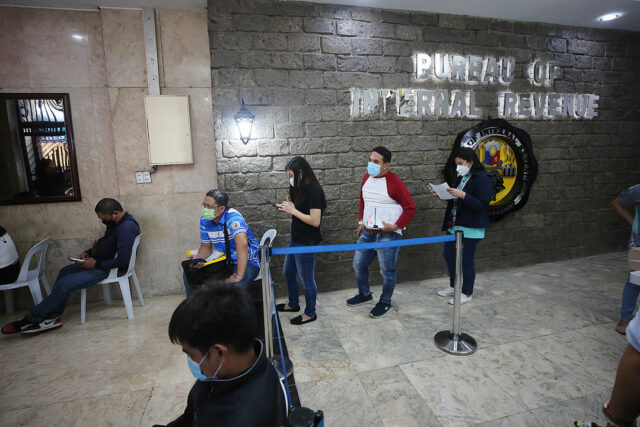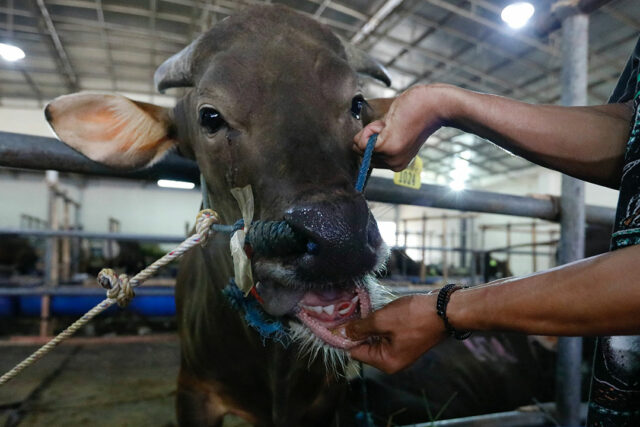By Justine Irish D. Tabile, Reporter
THE GOVERNMENT needs to lay down clear regulations on the use of artificial intelligence (AI) to encourage business adoption, due to the need to allay their data security and privacy concerns, US cloud data company Snowflake, Inc. said.
In an interview with BusinessWorld, Satchit Joglekar, Snowflake’s regional director for ASEAN emerging markets, said: “As the use of AI and especially tools like generative AI services out there increases, enterprises, organizations, and even the government should be very well aware of the security and the governance frameworks around that.”
“While the concerns are valid, what we need to ensure at the outset is that when we build the data foundations and aggregate all of the data in an enterprise, we need to ensure that security, privacy, and governance controls are baked in,” he added.
In particular, he said that there is a need to establish who can only see the data, who has the right levels of access control, and what sensitive data needs to be masked, among others.
“That should be the design principle when you are building your data foundations, and then the next principle should be that once that data foundation is laid, secured, and governed, that data ideally should not be leaving the organization’s premises or their cloud instances,” he said.
Ideally, he said that the next generation of AI-driven tools should allow for work to come to enterprises instead of the enterprises’ data going to the AI database.
“That is fundamentally what the current concern is around security, governance, and privacy because … data is moving around between different databases internally or externally, between different tools, or within an organization,” he added.
He said growing concerns about data security and privacy also represent an opportunity for the government to set clear guidelines and guardrails on AI use.
“When the guidelines, guardrails, and regulations are very clear, that is when innovation can truly be unleashed. The problem is when it’s not, when it’s gray, then more often than not, especially large enterprises will not want to put themselves at risk of assuming something because they have the nation’s or the customer’s data with them,” he said.
“This is why having an environment where the government sets clear regulations, guidelines, and guardrails around AI and also setting the guidelines on what kind of data security, privacy, and governance is needed — that’s when enterprises and organizations here will unleash the value of AI,” he added.
He said that although the Data Privacy Act is a step in the right direction, the Philippines should work on creating guidelines as well on AI use.
“There are Data Privacy Acts everywhere, most jurisdictions have that. But I think we shouldn’t just stop at Data Privacy Acts. We should also have Artificial Intelligence Development Acts,” he said.
“Within those guidelines and guardrails, organizations can innovate in a risk-free manner and without fear of breaking any regulations,” he added.
He said the Philippines is not alone in just starting to draft the guidelines on AI use, as most countries are also in the same situation.
“I think AI guidelines are under development in most jurisdictions, so I wouldn’t say the Philippines is behind or anything like that. Because this is a new thing,” he said.
“AI is taking over our lives, and to protect consumers as well as enterprises, I think the government is now beginning to step up to come up with guidelines,” he added.
The company decided to expand in the Philippines because of the growing economy and demand for cloud services, according to Mr. Joglekar.
“The economic indicators are there, the Philippines has one of the fastest rates of growth in terms of gross domestic product in Asia,” he said.
“Philippine companies and enterprises across sectors are also quite open and have already started adopting cloud technologies. And we partnered with the likes of Amazon Web Services … and saw that the Philippines was definitely a country where it was prioritizing investment,” he added.
The company has so far invested in three economies within ASEAN — Singapore, Indonesia, and the Philippines.
“The Philippines is definitely one of the top markets for us in ASEAN, and that is why we have invested here … but we will be expanding into other markets,” he said.
He said that since the company launched in the Philippines two years ago, it has doubled its footprint in terms of staffing.
“We can’t share exact numbers, but the investment is definitely there, and we will continue to invest in the Philippines because we see the potential and we see that the customers are accepting and adopting the Snowflake platform,” he added.












